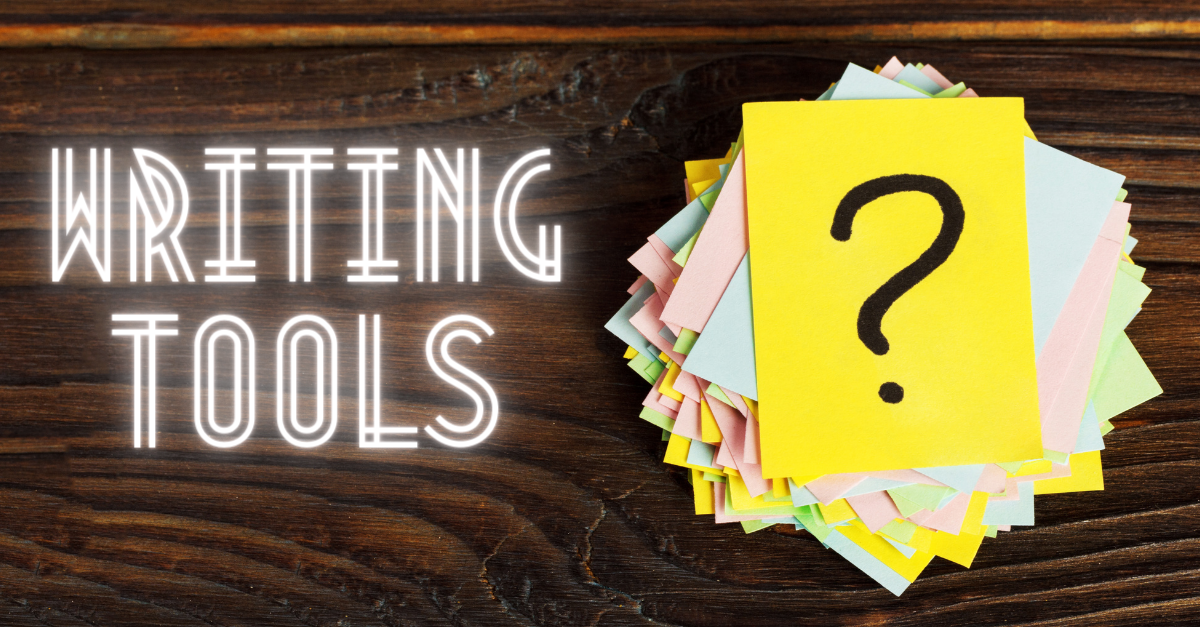|
Dialogue can make or break a story. Dialogue can infuse excitement and intrigue into your novel or it can fall dull and lifeless onto the page. It's so crucial to storytelling and characterization and world-building and it's such a tricky balance to have it achieve all three at once.
But the mechanics -- the punctuation, spelling, and grammar of dialogue -- is just as important as getting the voice and characterization right. If the reader is spending time stumbling over the nitty gritty details of the dialogue, they're going to miss all the work that went into crafting the exchanges. Dialogue just might be one of the trickiest elements to punctuate properly in a book, so here are five easy tips to remember when you're writing, revising, or editing those ultra important dialogue scenes. This helpful list was compiled in conjunction with my good friend, and former Copy Chief of Ooligan Press, Olivia Rollins who is an amazing copyeditor and proofreader now accepting clients. Five Quick Tips For Punctuating Book Dialogue
NOT A TIP BUT: You can/should always consult your Chicago Manual of Style if you're really feeling stumped about making a dialogue punctuation decision. Most of the major guidelines around dialogue covered in this list are available in the CMOS via these sections: 6.114 and 13.39–13.45. For more tips on editing dialogue, read this previous blog post.
0 Comments
Leave a Reply. |
AuthorMelinda Jasmine Crouchley, YA supernatural science fiction author and professional editor. Archives
February 2023
Categories
All
|

 RSS Feed
RSS Feed
